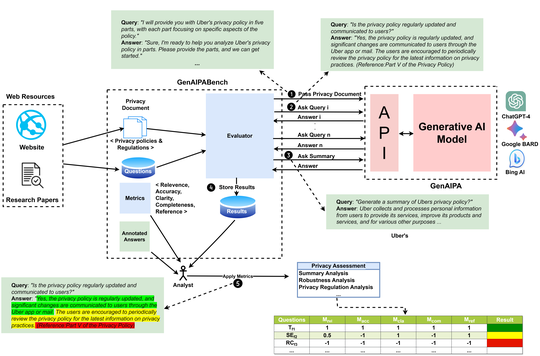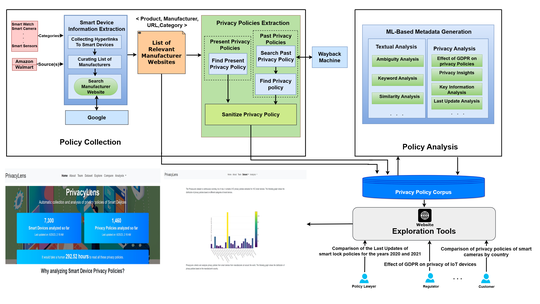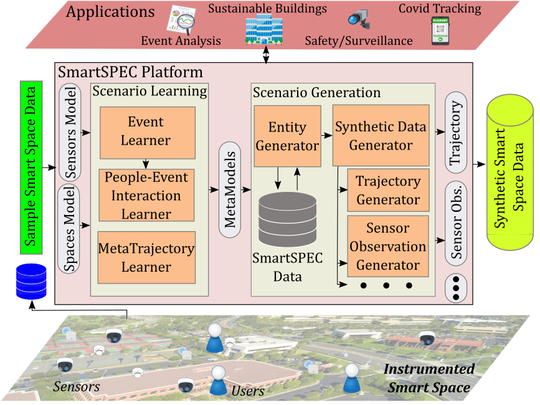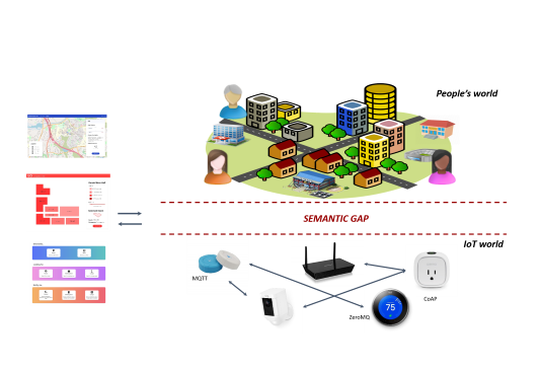Research
The UMBC DAMS Research Group focuses on four main areas of reseach:
Data Management
Knowledge Representation & Reasoning
Privacy
Internet of Things
The global IoT market size is projected to reach $1,000B by 2026 with dozens of billions of smart devices connected to the Internet by then. The expectations of individuals with respect to their privacy are also increasing and new legislation to protect individuals' privacy (such as Europe’s GPDR, California’s CCPA, Brazil’s LGPD, and India’s PDPB) is emerging worldwide. The large amounts of highly heterogeneous data captured by those devices will require further processing (e.g., using machine learning algorithms) to become useful, but sometimes sensitive, inferences that applications and people can use. In the DAMS group we deal with upcoming challenges in IoT data management, especially due to the massive scale and heterogeneity of data and strong privacy requirements. In particular, we aim to:
- Bridge the gap that exists between raw data (e.g., data captured by sensors) and semantically meaningful data that is easily understood by people (e.g., inferences extracted from sensor observations).
- Design innovative data management solutions to automate the translation of low-level data to higher-level insights.
- Incorporate semantics and privacy-awareness to data management to design smarter and more responsible systems.
- Deal with upcoming challenges in data management in the context of the Internet of Things.
- Develop prototypes of the approaches/systems designed as part of the research tasks and deploy them in the real world.



